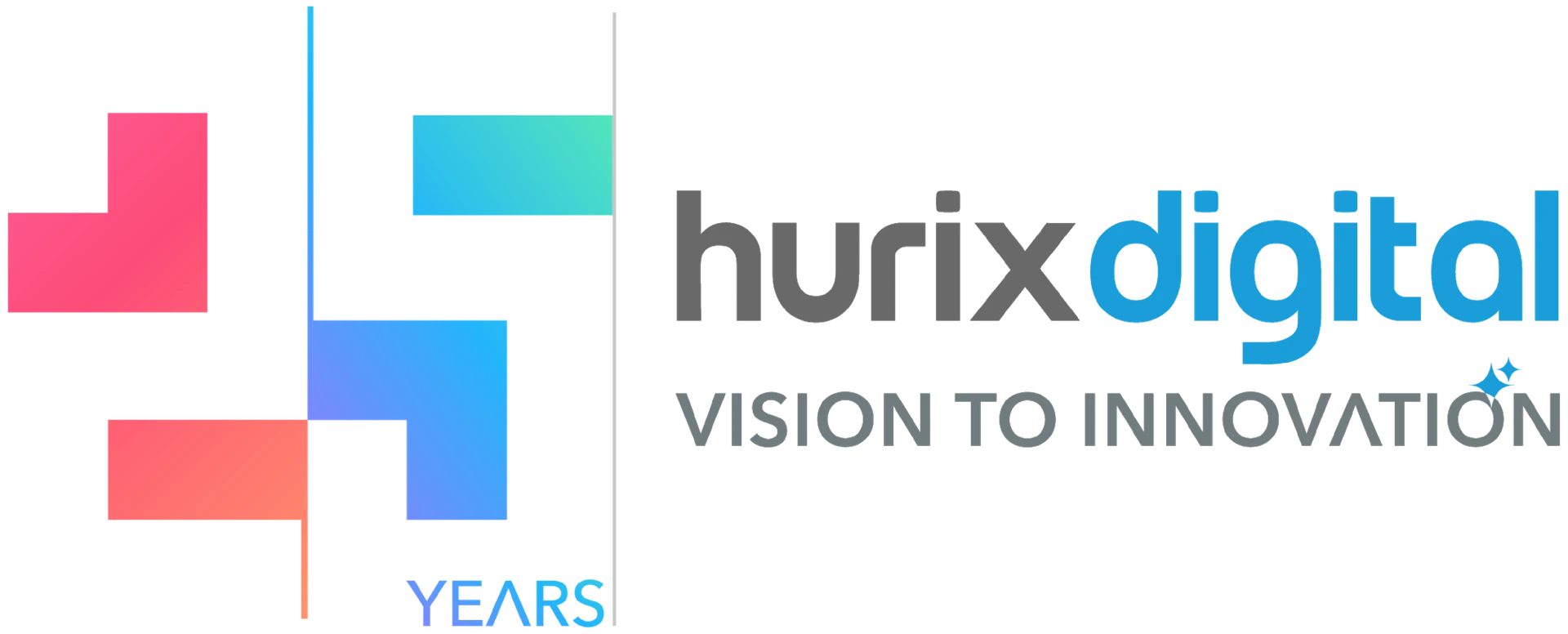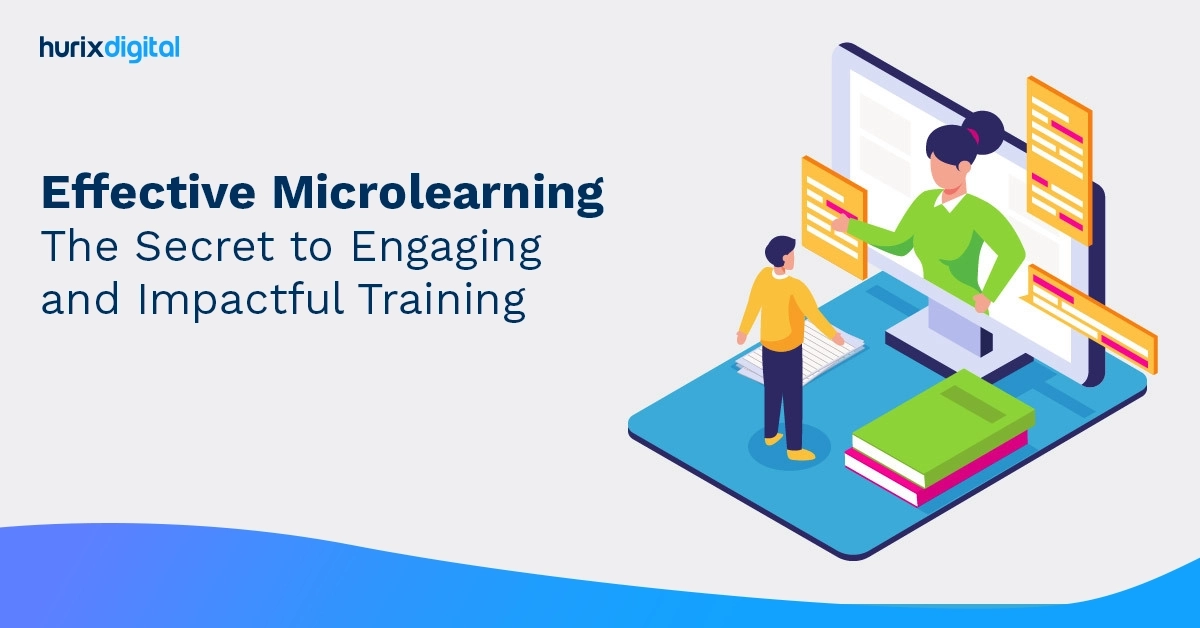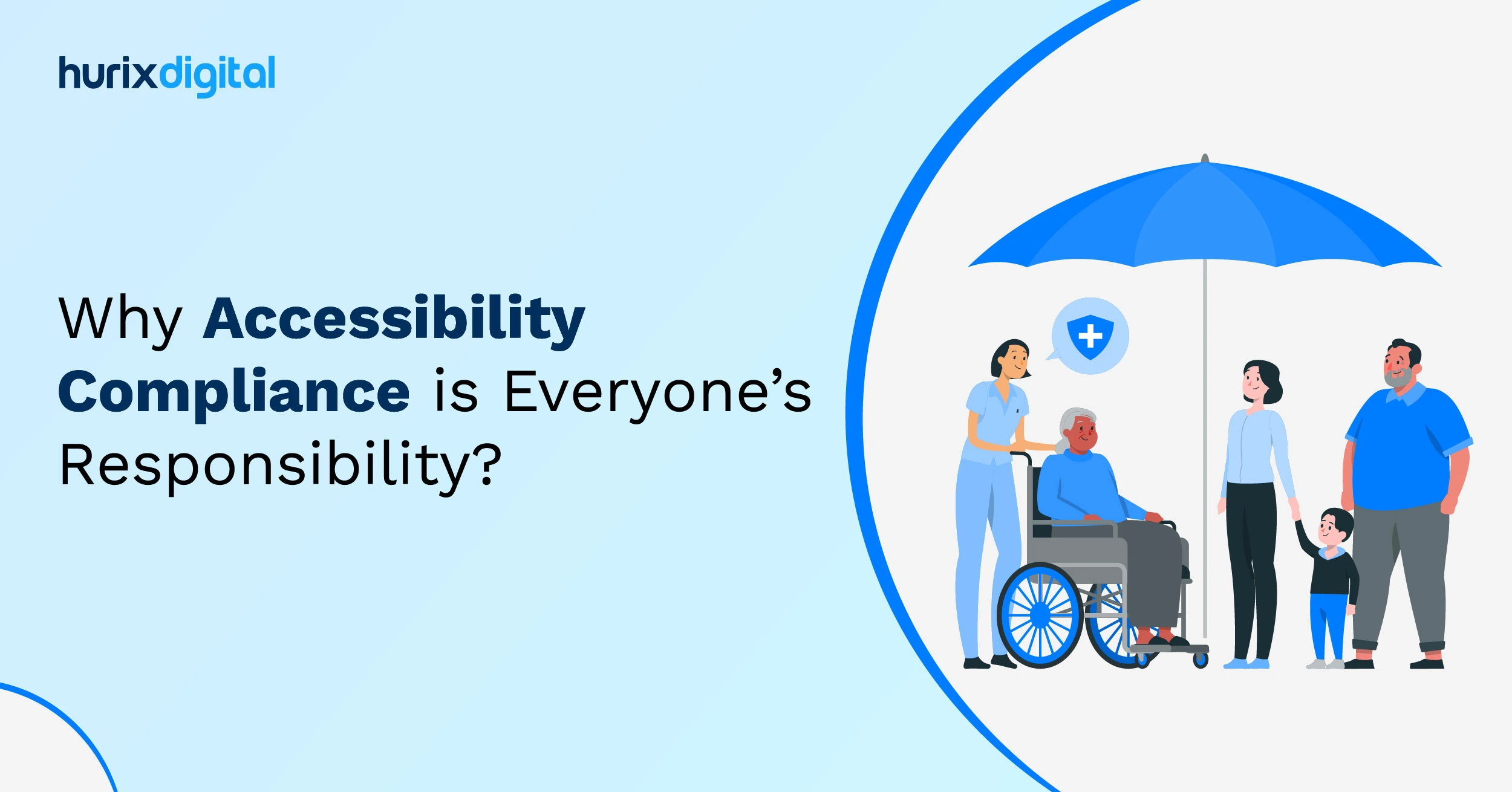
Custom LMS – An Effective Way to Transform Employee Training
Summarize with:
With technology as an accelerator of the fast-paced, ever-changing world we live in today, learning at the workplace is going through a fundamental shift. Businesses are continuously looking for ways to adapt to new situations and acquire new skills on how to efficiently navigate between traditional learning needs and brand-new technologies leading to training transformation.
Investing in employee training and development has, in fact, become a priority for organizations and helps them drive business profitability in the long run. Research also suggests that companies that deliver corporate training well can post a 24% higher profit margin and over 200% higher income per employee, as compared to those who don’t.
This is where a Learning Management System comes in!
Table of Contents:
- How can Enterprises Make Use of an LMS to Improve Training Outcomes?
- Benefits of a Custom LMS for Employee Training
- How to Select the Best LMS Provider?
- Bottom Line
An integral part of today’s technology, learning management systems or LMS are used by businesses specifically for workplace learning and to achieve automation and programming in line with the customized needs of the employees.
LMS is fast becoming the main component of digitized employee training programs, leading to complete training transformation at workplaces. It not only supports organizations in the creation and delivery of learning materials to their employees, but it also allows for collaboration between employees and trainers, tracking progress, assessing training results, and much more.
The role of a Learning Management System mainly varies based on the organization’s objectives, online training strategy, and desired outcomes. However, the most common use of LMS software is to deploy and track the online training initiatives of an organization.
How can Enterprises Make Use of an LMS to Improve Training Outcomes?
An LMS is an excellent tool to improve the learning ability of any enterprise. There are several ways an enterprise can make use of a custom LMS for improving training outcomes, enabling complete training transformation.
Some of these are discussed below-
1. Centralized repository for training records
For large enterprises with multiple divisions, an LMS offers the advantage of a centralized repository for training records. This not only allows them to keep track of employees across the organization but also helps managers/supervisors in ensuring the employees receive appropriate compliance training.

2. L&D metrics and analytics
Having an LMS provides businesses with L&D metrics and analytics so as to allow them to test the effectiveness of the current training program. And extract appropriate data to determine future training needs.
3. Comprehensive learning
A custom LMS solution helps organizations curate various types of learning at one centralized place, making it easy for employees to find the content they need whenever required. Increasing access to mobile devices further helps L&D teams leverage custom LMS and offer a comprehensive and responsive learning program, making employee training much more effective.
Also Read: How to choose the right LMS for Small, Mid-sized and Large enterprises
Benefits of a Custom LMS for Employee Training
LMS, as a robust training solution, helps in simplifying the entire process of training employees and tracking their progress and performance. There are several advantages to adopting a custom LMS for employee training programs.
1. Access to a wide variety of training types
LMS allows organizations to impart training in different formats such as instructor-led training, eLearning classes, videos, documents, PPTs, and more. It gives the advantage of offering vast options to the learners.
2. Low investment and high return
Implementing an employee training program requires quite a hefty investment. Switching to a custom LMS solution has many benefits for the organization due to the digital nature of the training curriculum, along with easy management options.
3. Easy communication and course disbursement
An LMS allows the company to engage in easy and quicker communication channel with its employees. With features such as custom notifications to individual dashboards of the employees for easy course disbursement and flawless record-keeping of data, LMS have become a game-changer when it comes to employee training programs.
4. Live performance tracking
Another significant advantage of LMS implementation is the tracking of progress and performance. It allows organizations to easily check the progress of their employees as well as their performance. It helps the company to then accordingly allocate tasks based on the employee’s abilities.
Also Read: LMS Vendors: How to Select the Right Vendor for your Goals
How to Select the Best LMS Provider?
Choosing the right learning management system can be a challenging task. There are several things to keep in mind while picking the best one, such as budget, required features to fit the specific training needs of your company, and whether the LMS you choose can really help solve your existing business problems.
Here is a detailed step-by-step plan that will help you choose an LMS provider who matches your needs.
1. Identify your specific needs
With the availability of unlimited learning platforms today, the process of selecting the best one really gets difficult. It is, therefore, essential to have a clear idea of what exactly you need from an LMS and how it can help you reach your training goals.
2. Set the goals and objectives
Once the needs are identified, the next step is to set the business goals and objectives you want to achieve with the help of the LMS.
3. Understand your audience
When choosing a learning management system to enable training transformation, it’s imperative to understand your audience profile first as it will help you define your learning strategy requirements. Some of the questions that can help you at this stage include-
- What is the age-group of your target audience?
- How tech-savvy are they?
- Do they prefer mobile or any other form of learning?
- Does your target audience have varied skillsets?
4. Define your specific LMS requirements
After determining the learning goals, objectives, and the audience profile, the next step is to define the specific demands for the LMS system in terms of cost and features. Remember, the more comprehensive and well thought out your list of LMS requirements is, the easier it is to get the LMS solution provider that best fits your needs.
5. Test the LMS from the shortlisted options
Once you have shortlisted a few options, it is time for testing. Most LMS offer free demos, so you have a chance to check if it has all the required features and capabilities to enable training transformation in your organization.
Overall, the selection of the LMS should be based on parameters such as features, implementation timeframe, user-friendliness, support, and maintenance.
Bottom Line
A robust enterprise learning management system can be instrumental in training transformation and improved outcomes. Apart from giving you the option of creating customized learning experiences, relevant courses, multiple integrations, and insightful reports, an enterprise LMS also offers an easy and comprehensive way to manage the learning and development needs of your employees effectively.
All in all, an LMS is a one-stop solution for all enterprises to create, administer, and track employee training programs with far greater efficiency.
Get in touch with us today to learn more!
Summarize with:

Vice President & SBU Head –
Delivery at Hurix Technology, based in Mumbai. With extensive experience leading delivery and technology teams, he excels at scaling operations, optimizing workflows, and ensuring top-tier service quality. Ravi drives cross-functional collaboration to deliver robust digital learning solutions and client satisfaction
 A Space for Thoughtful
A Space for Thoughtful 



